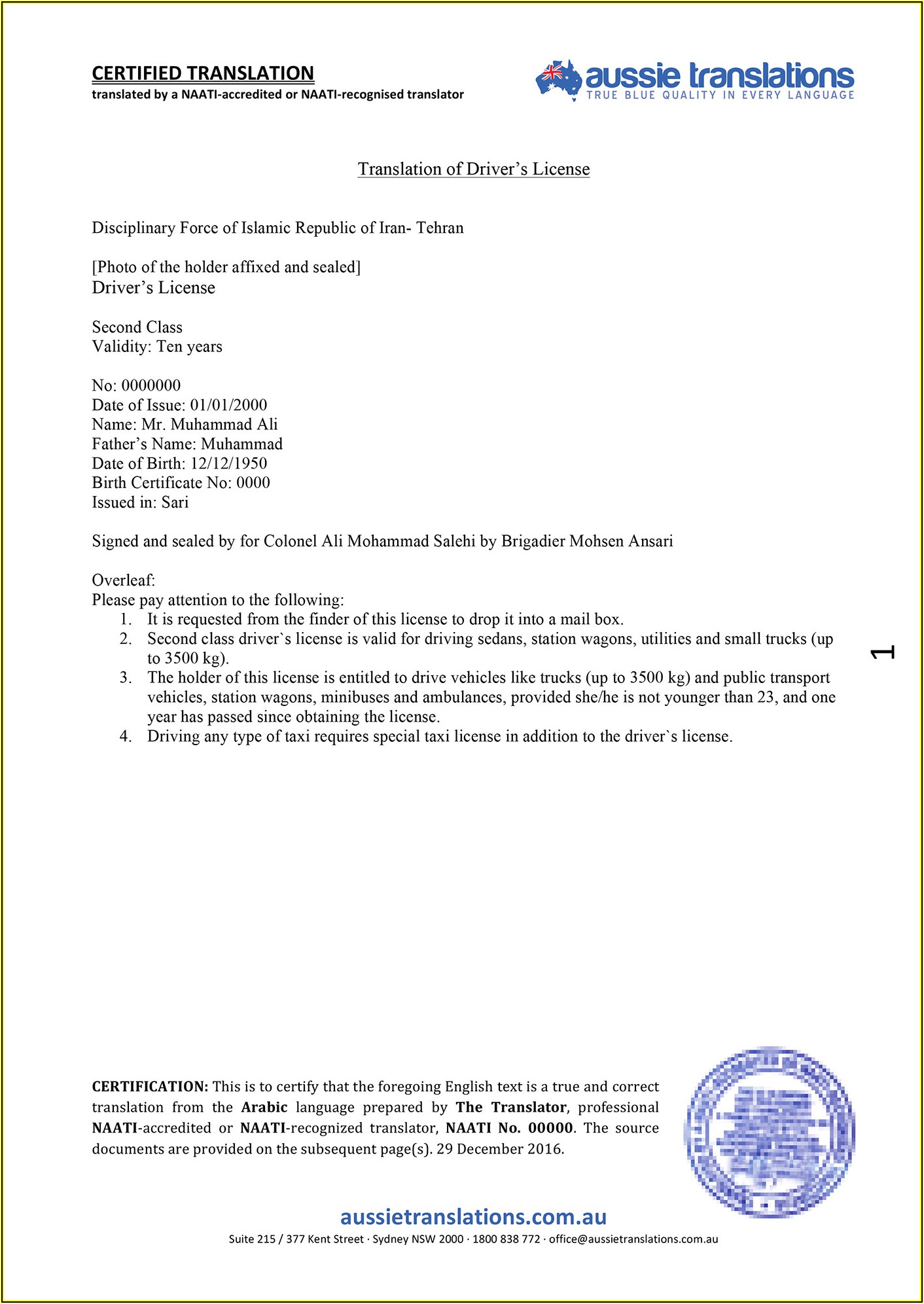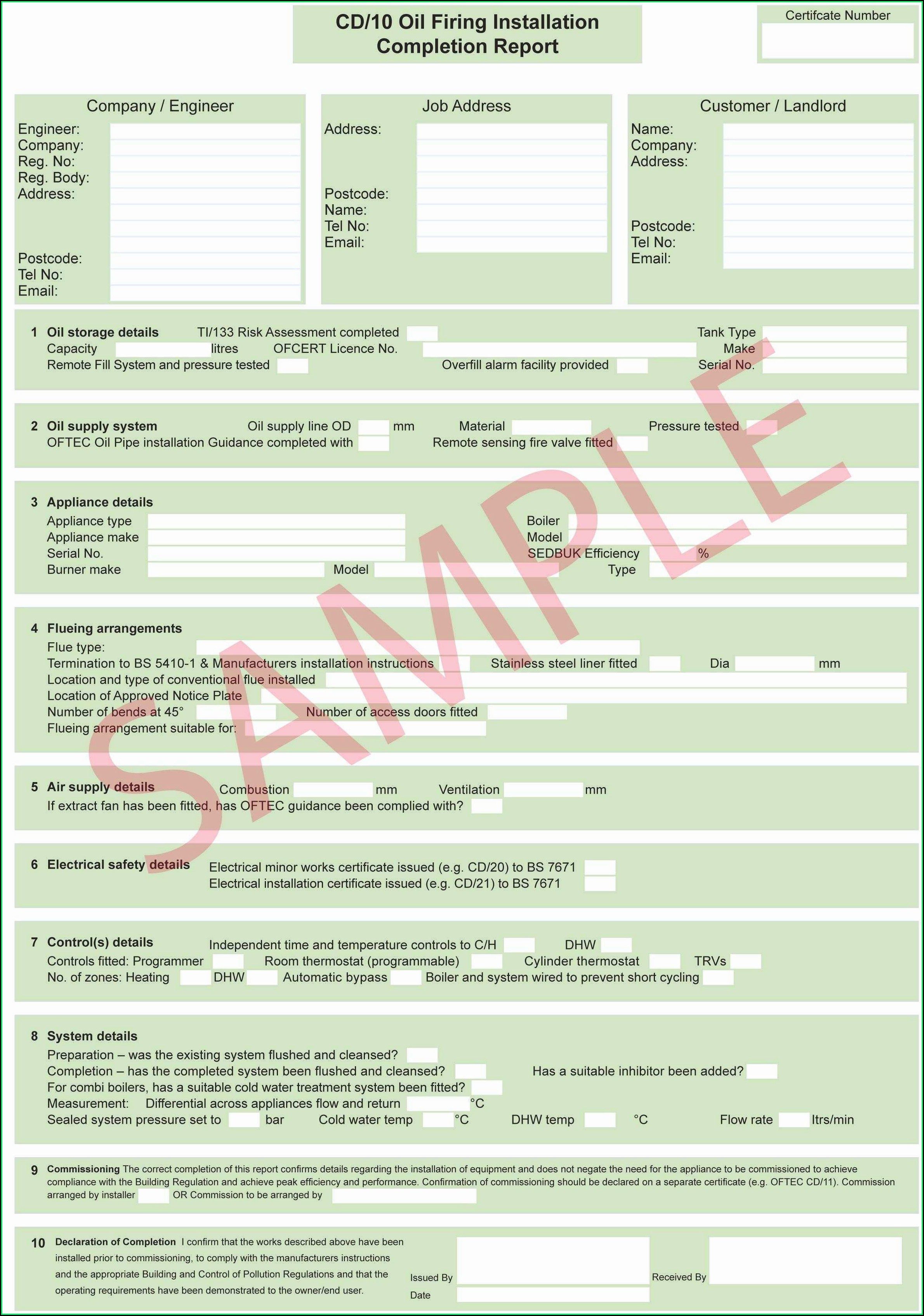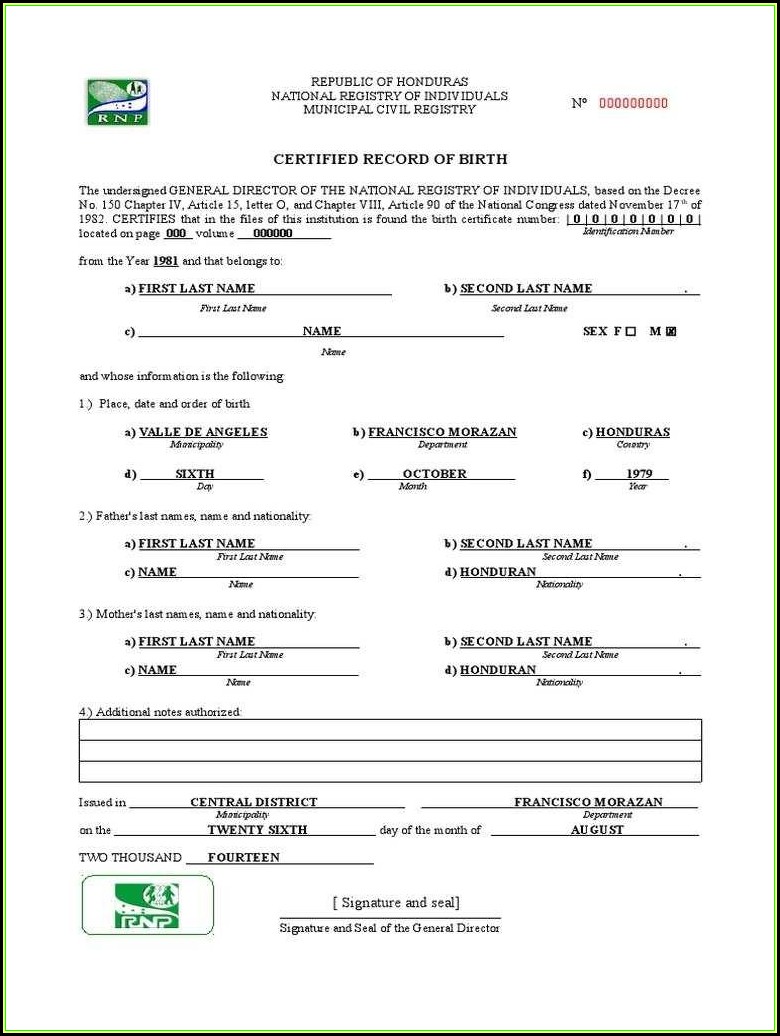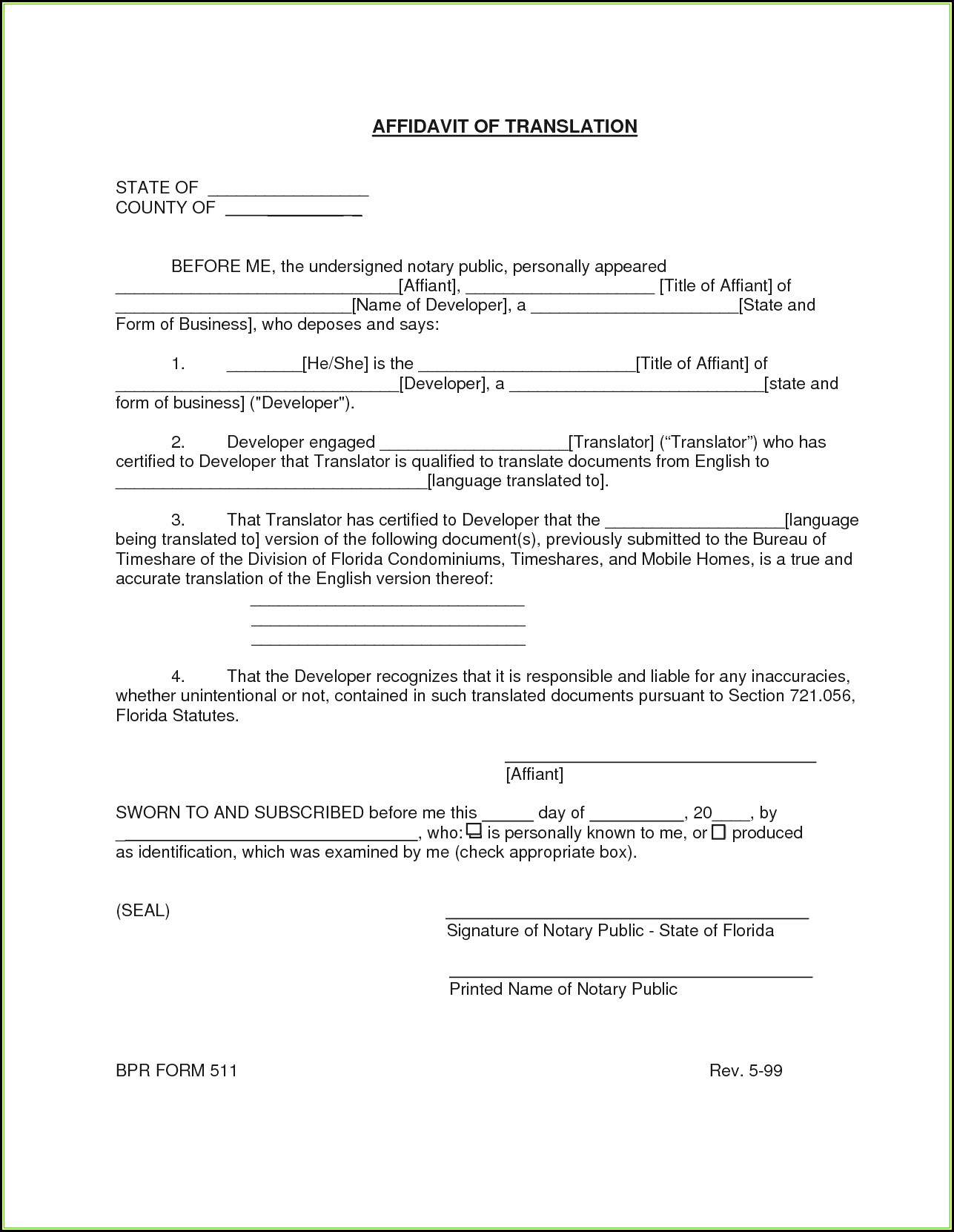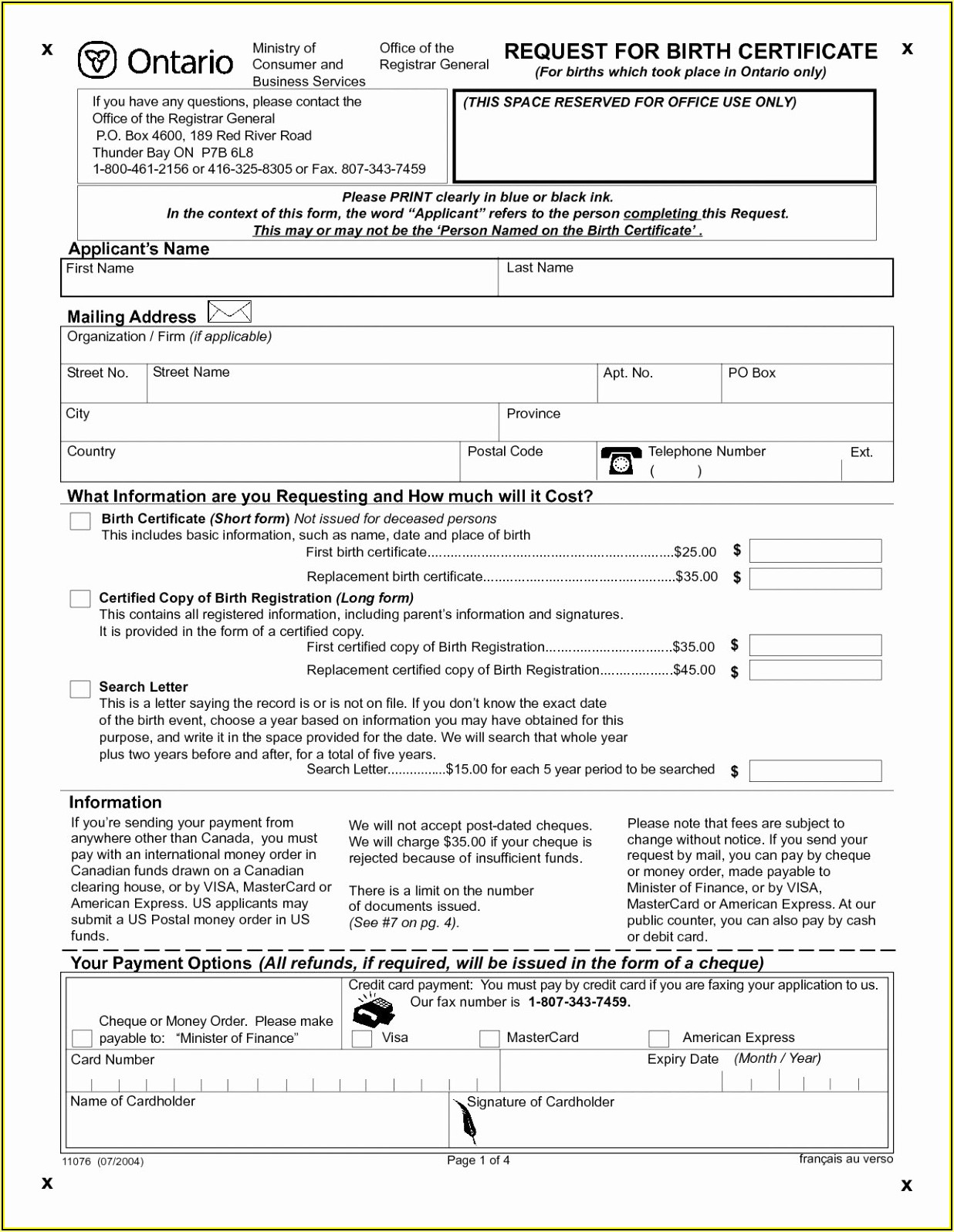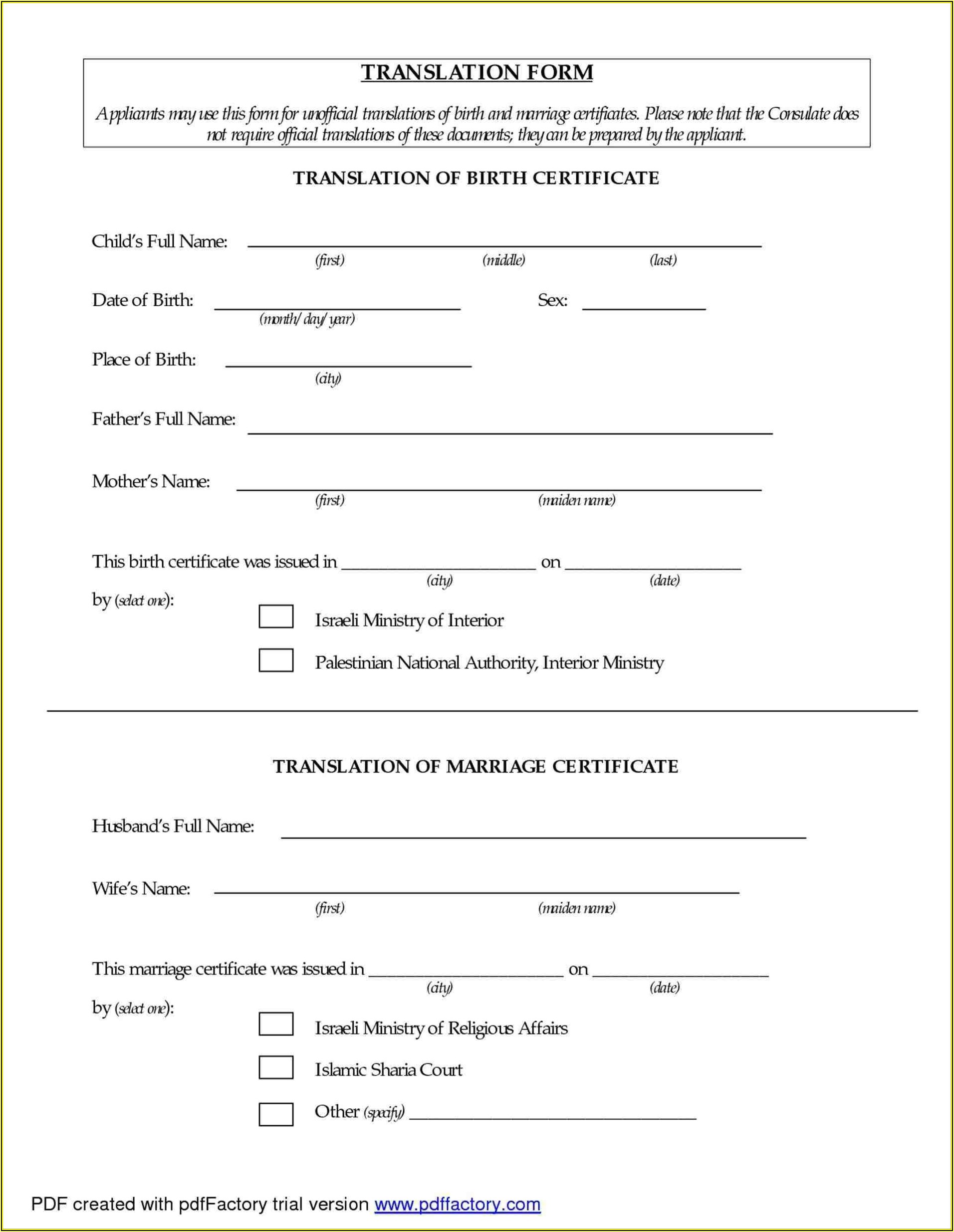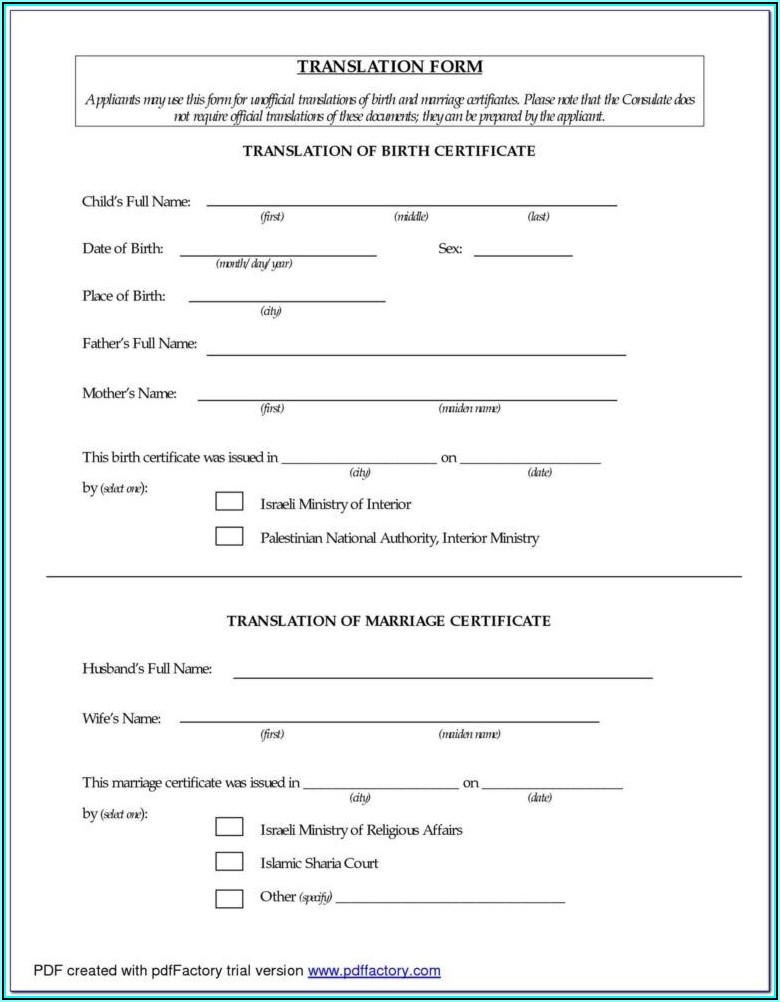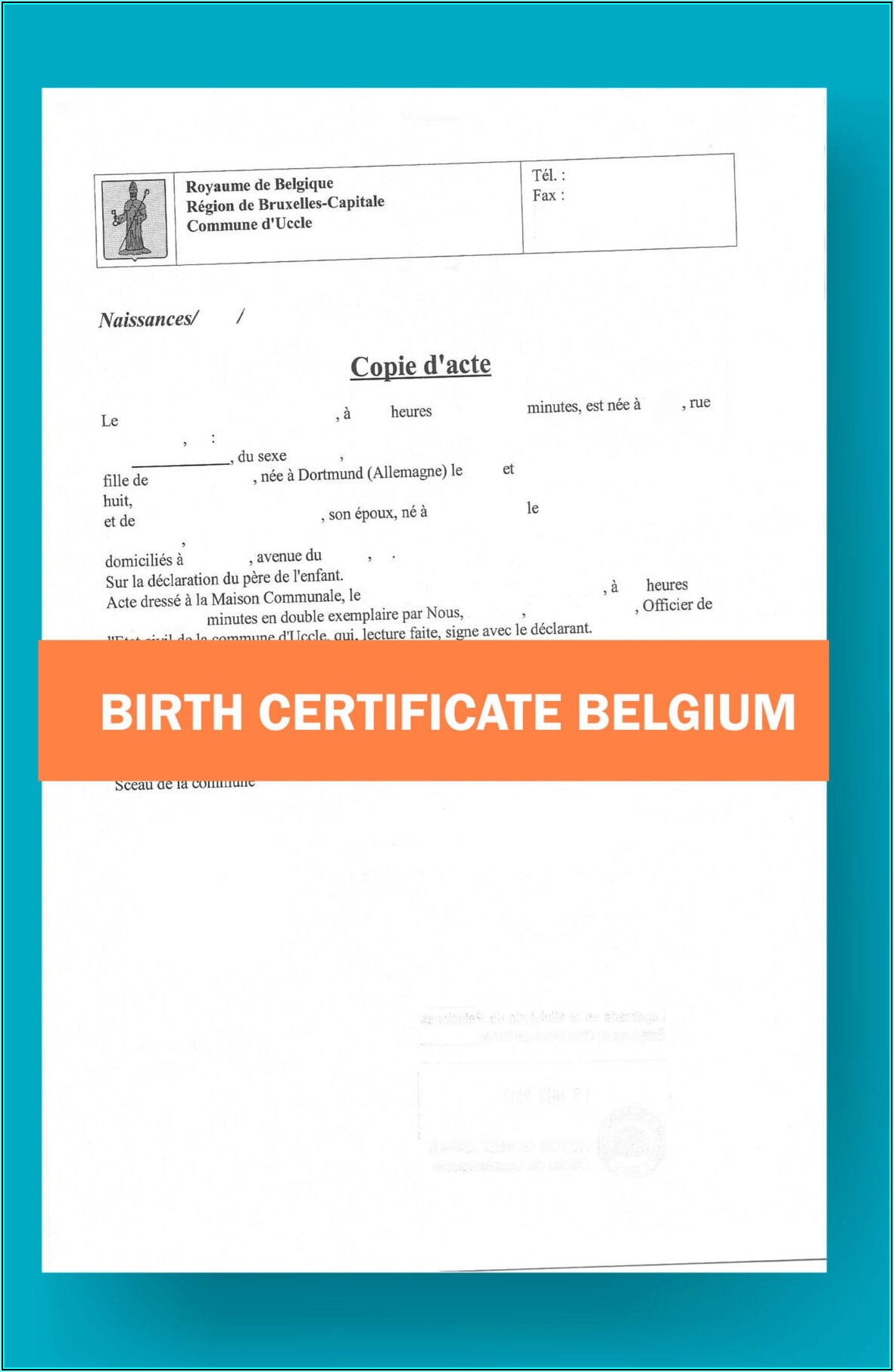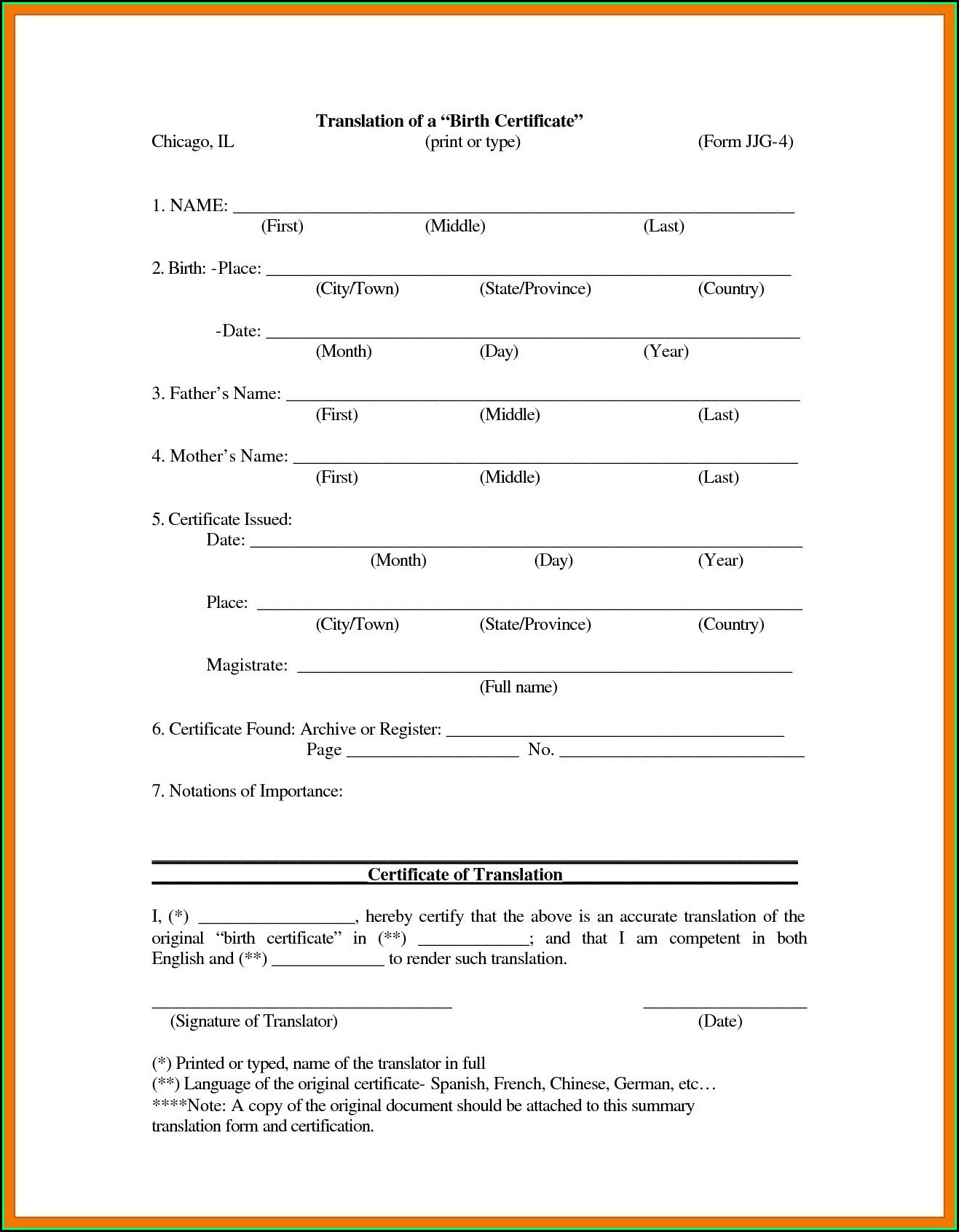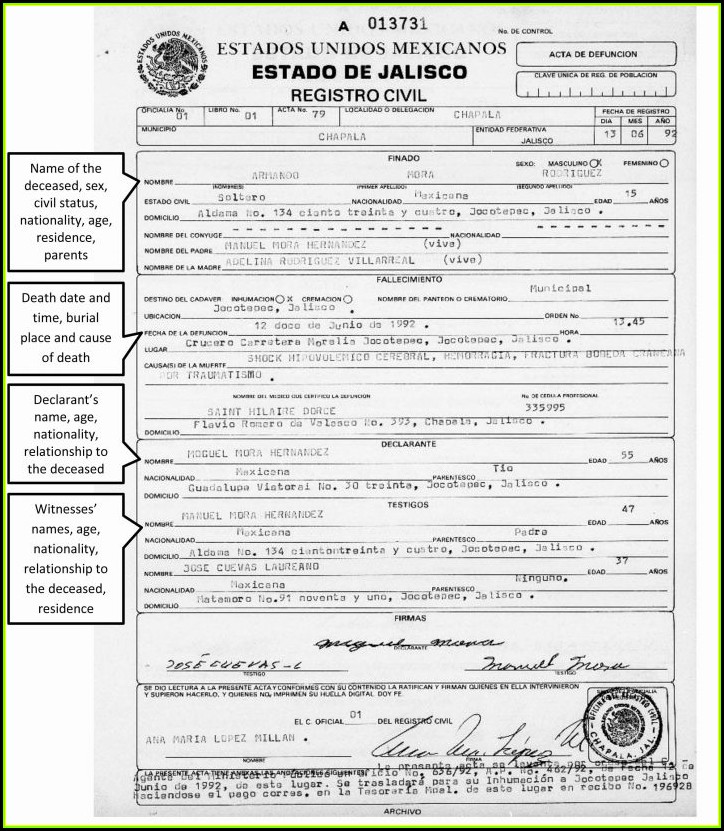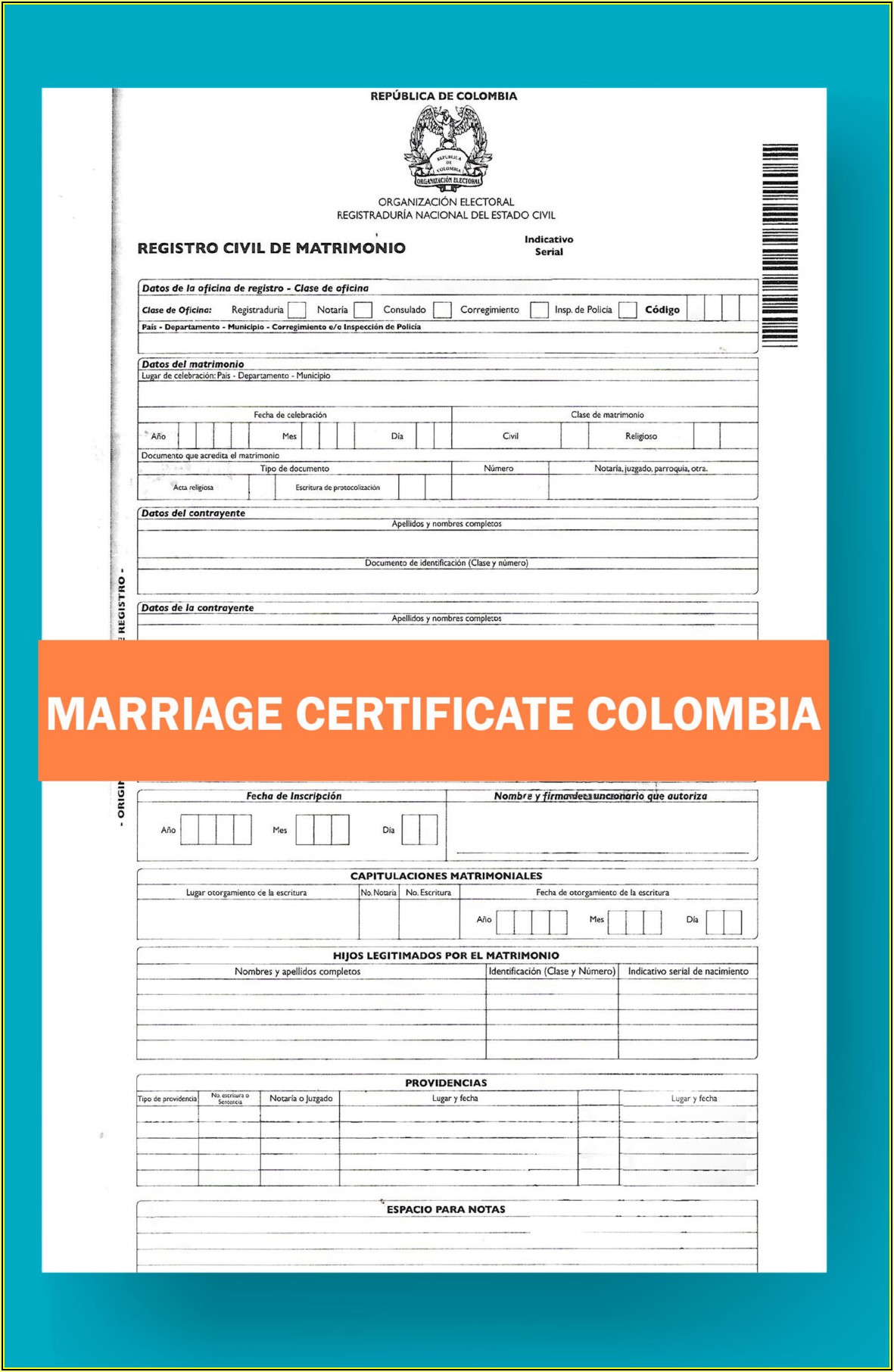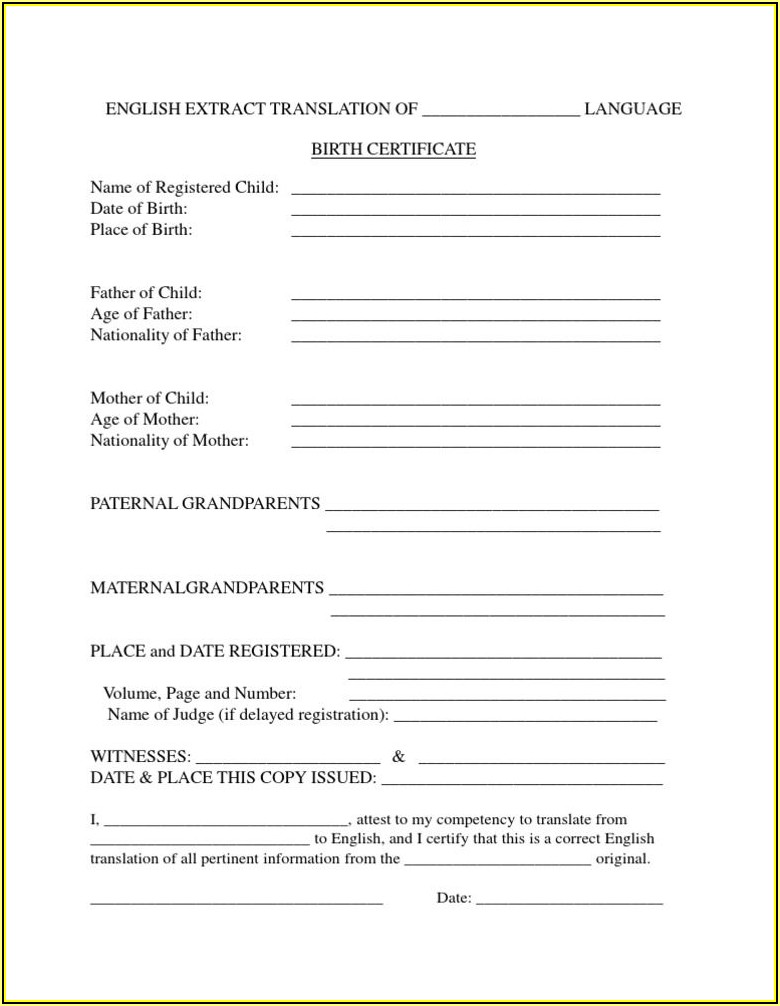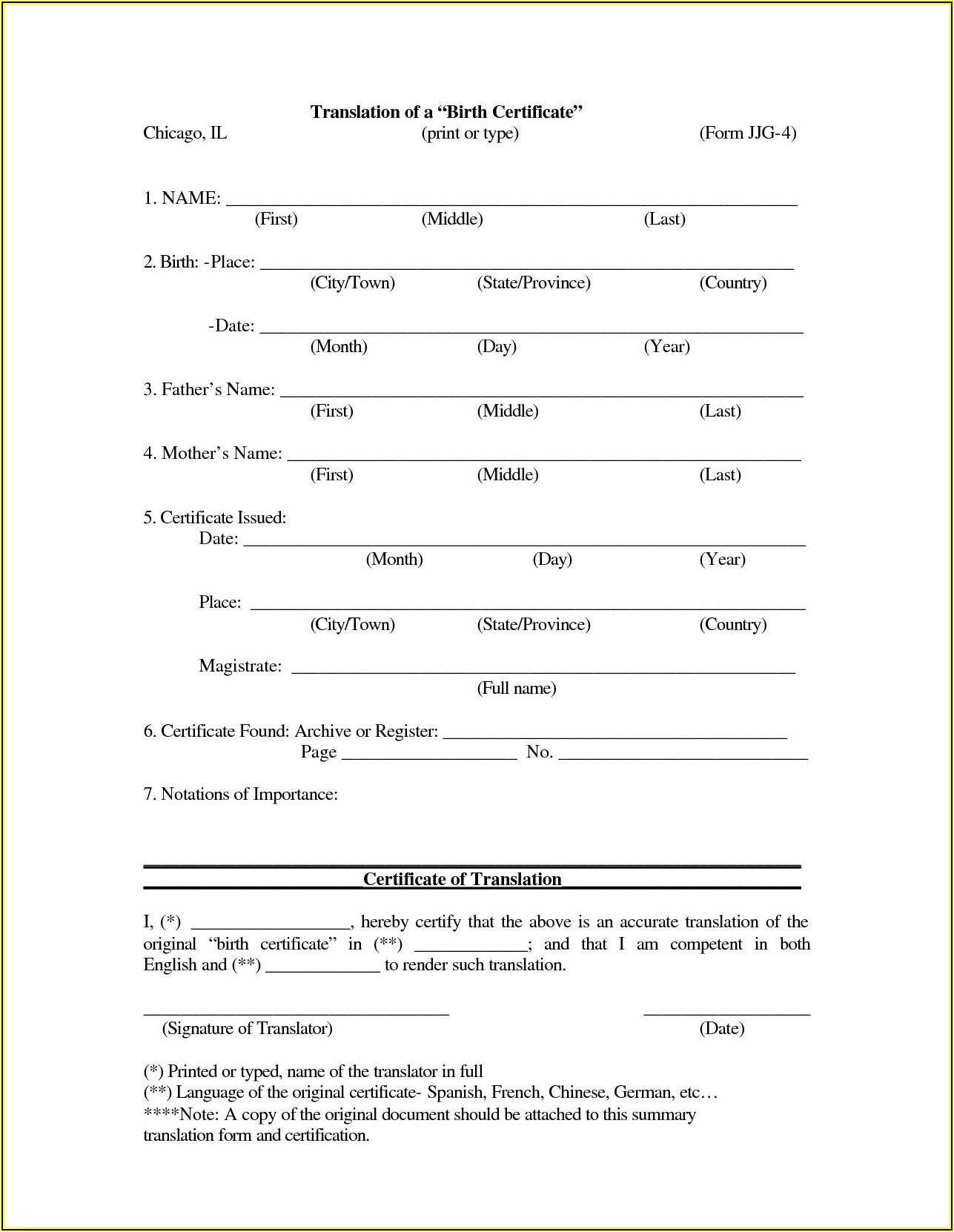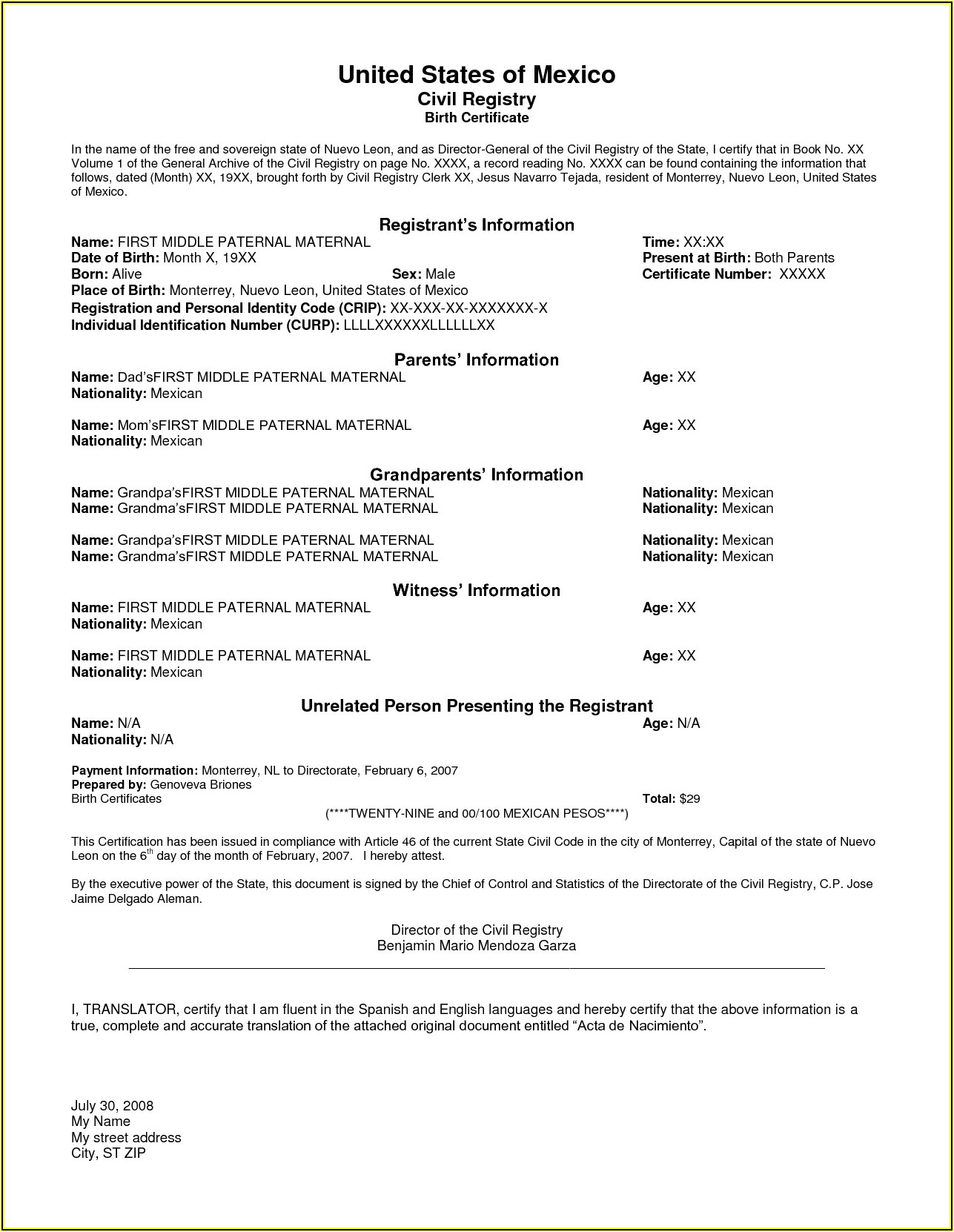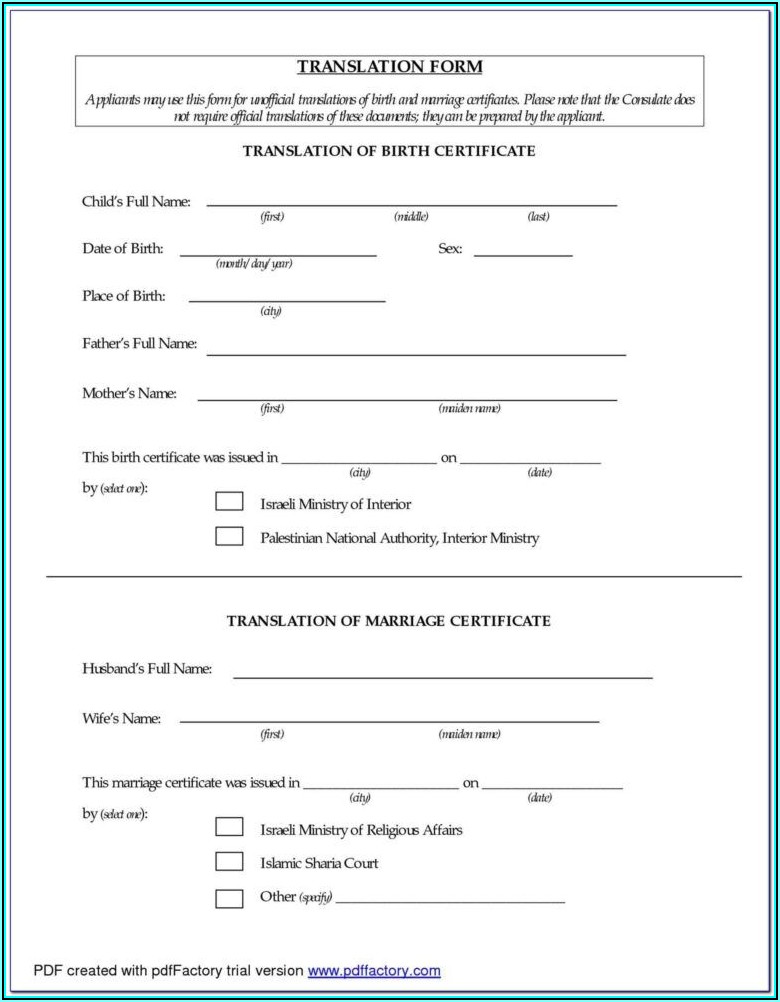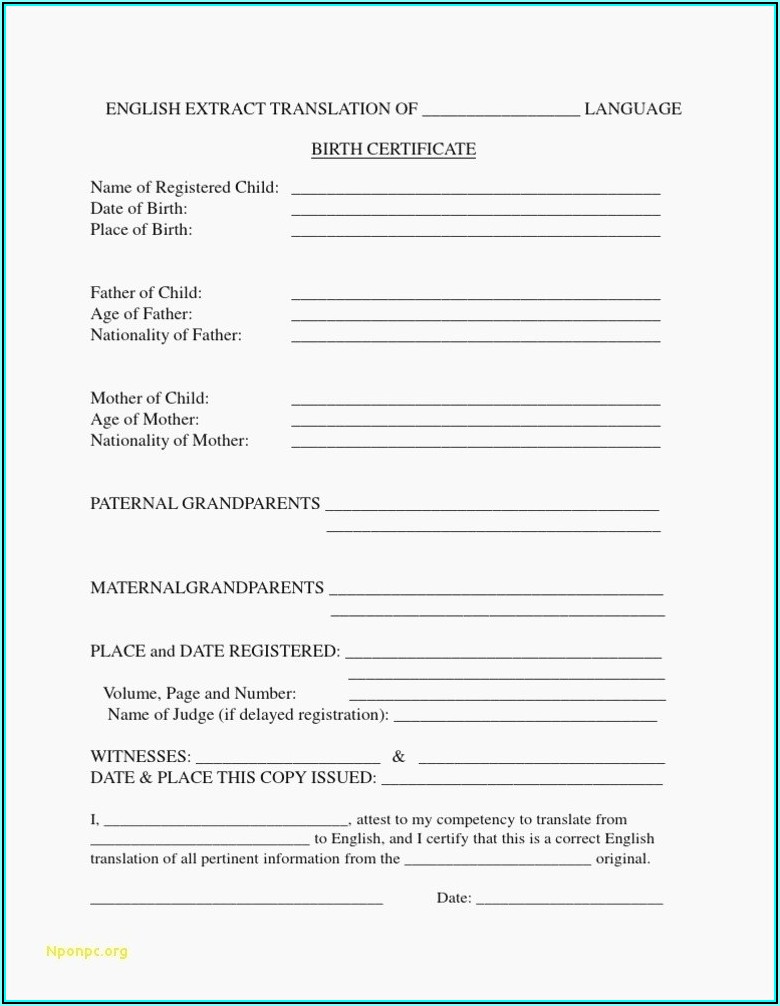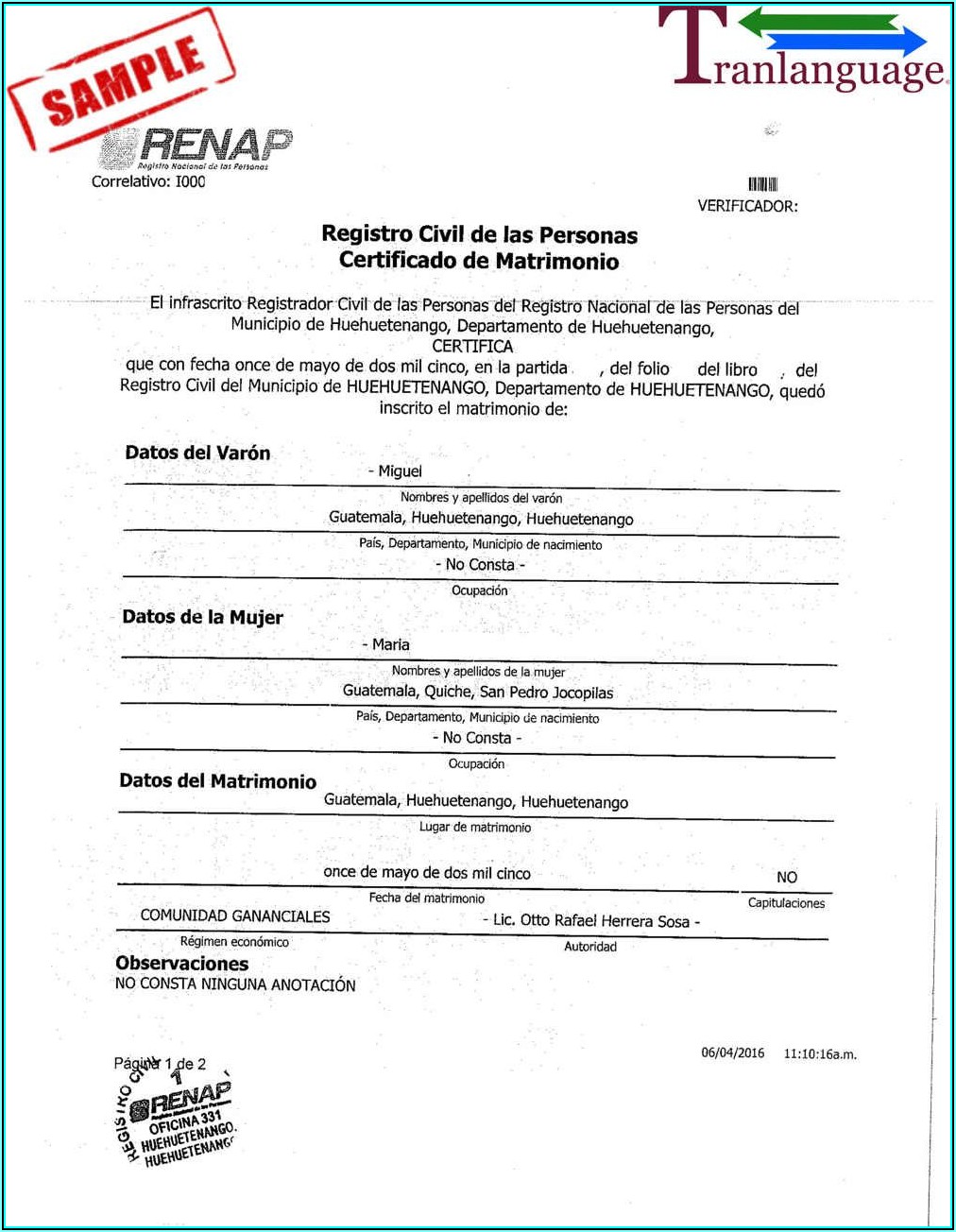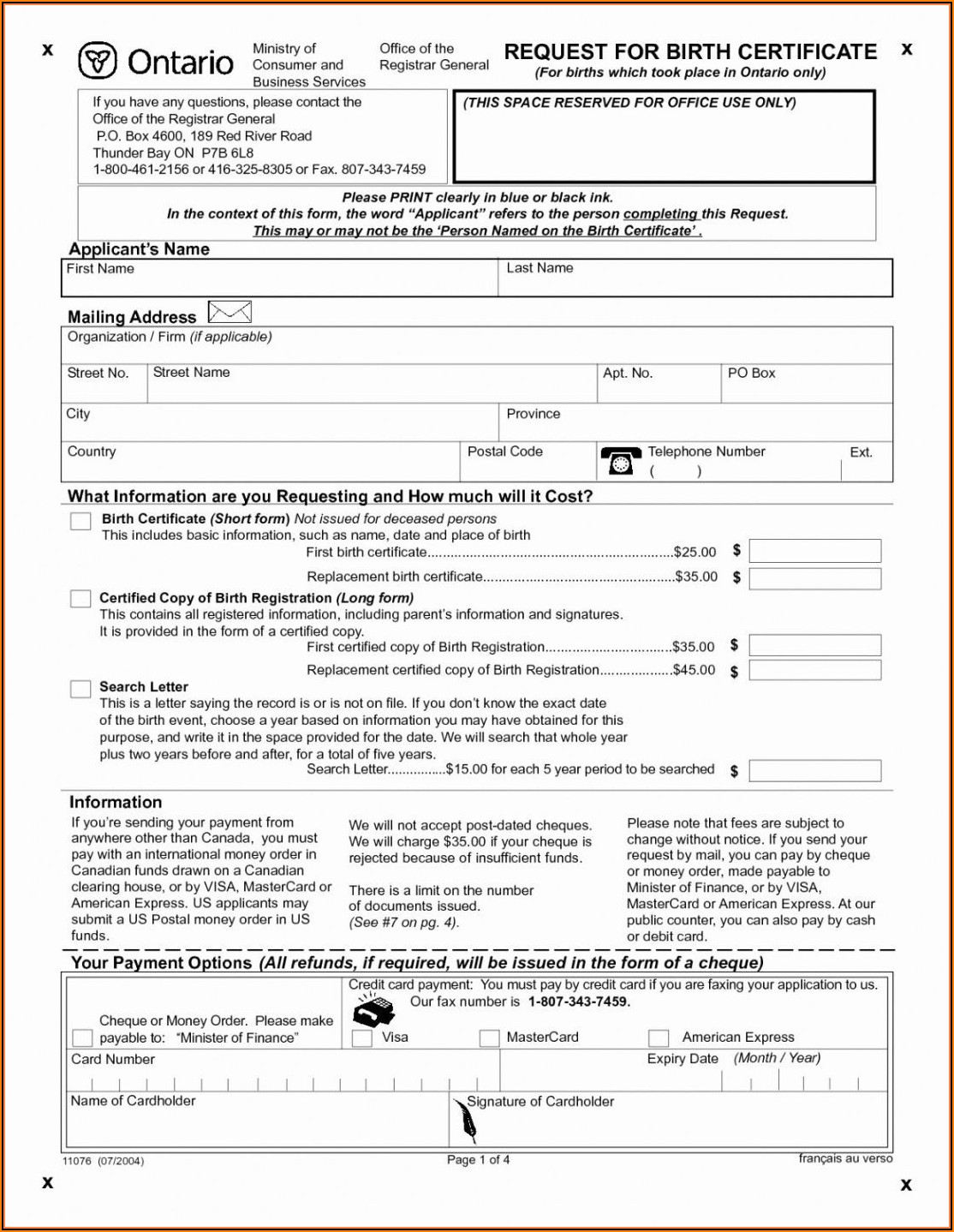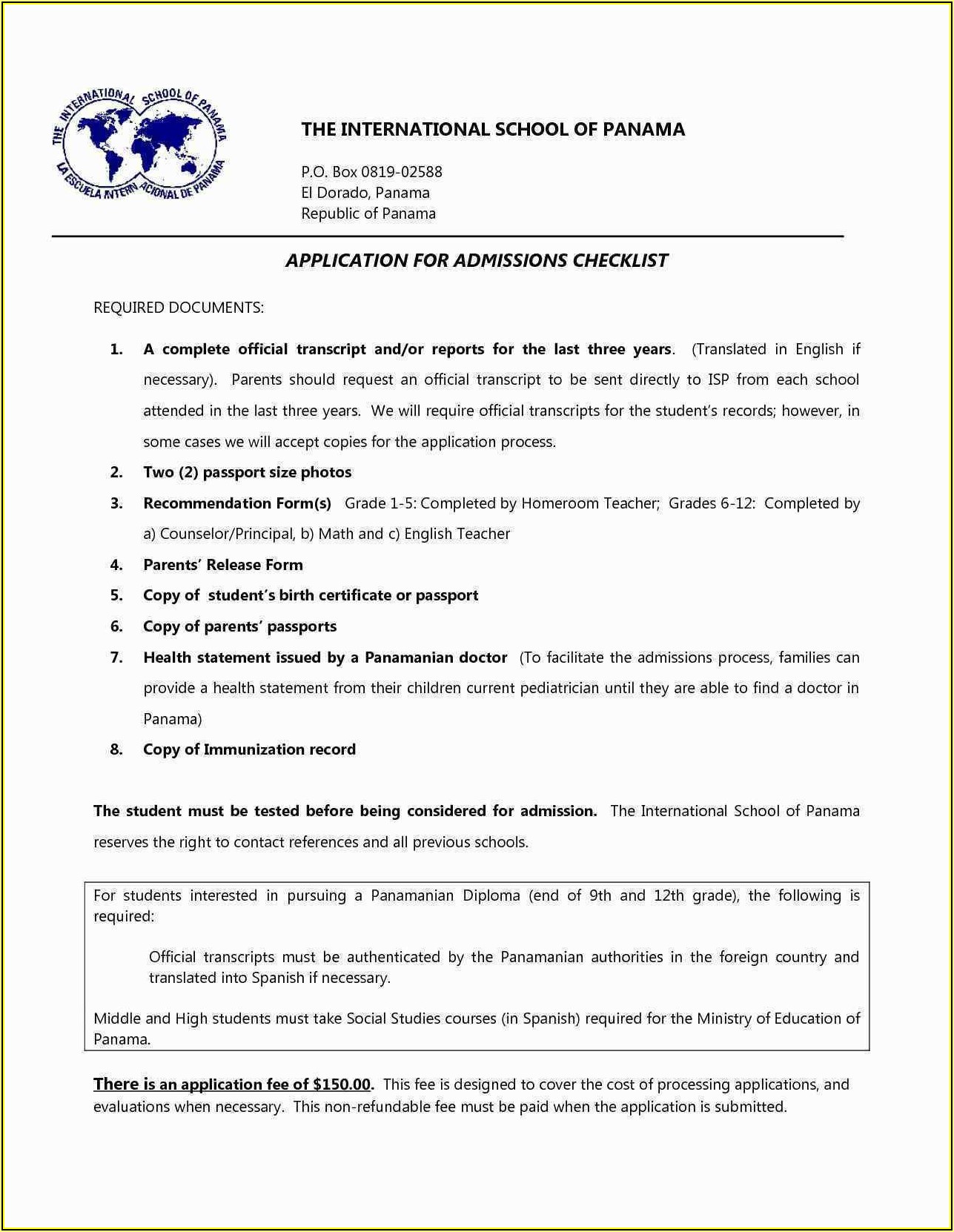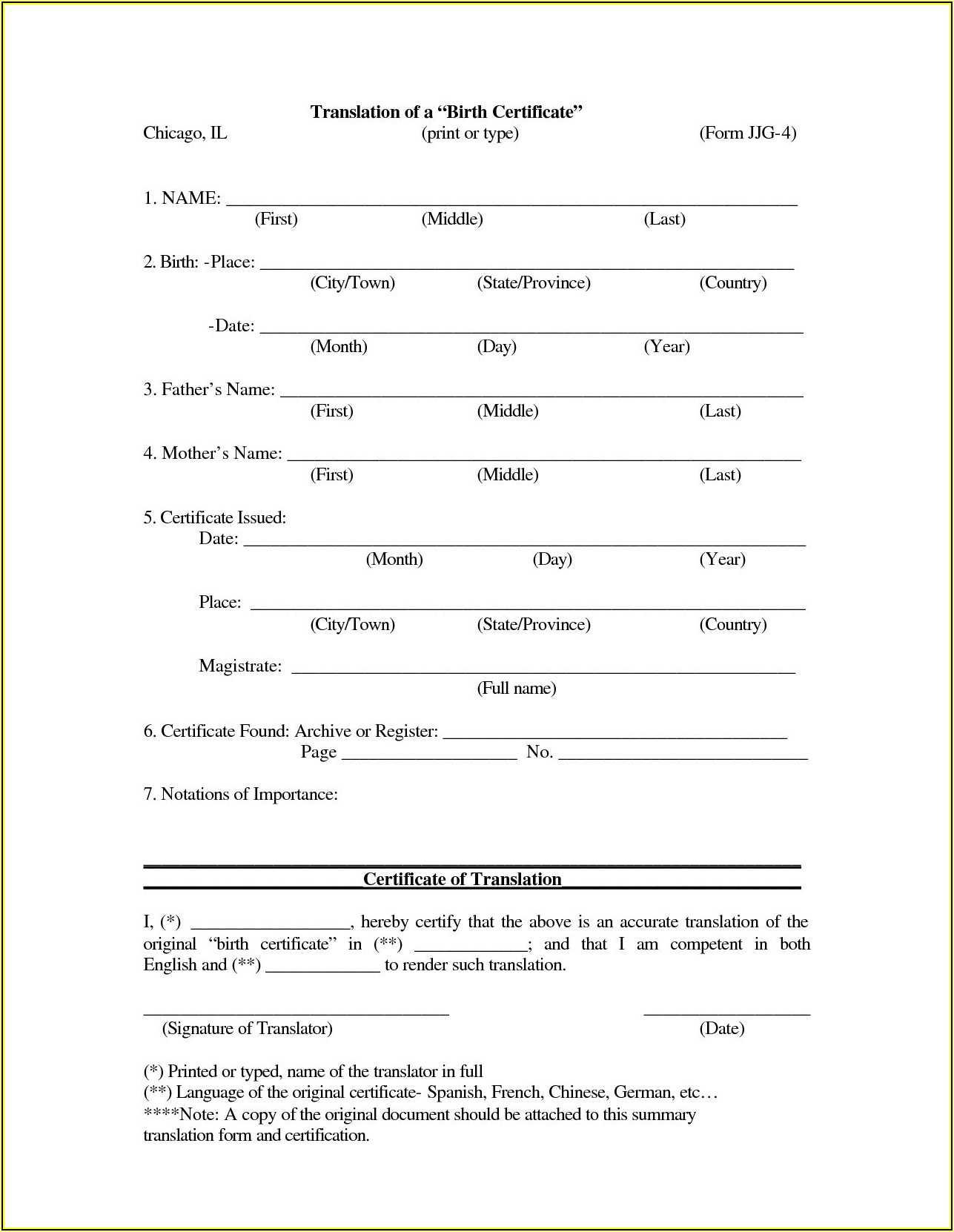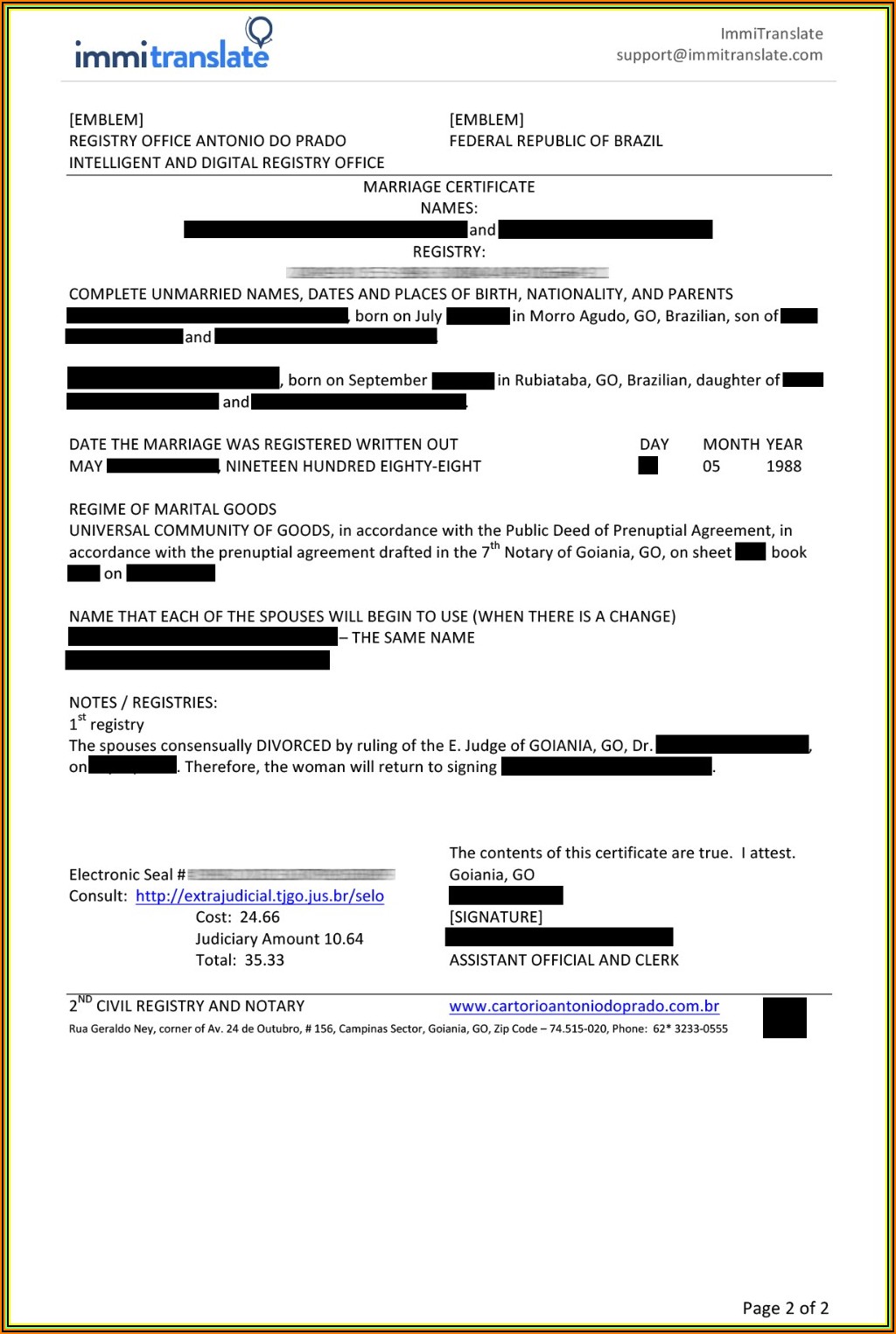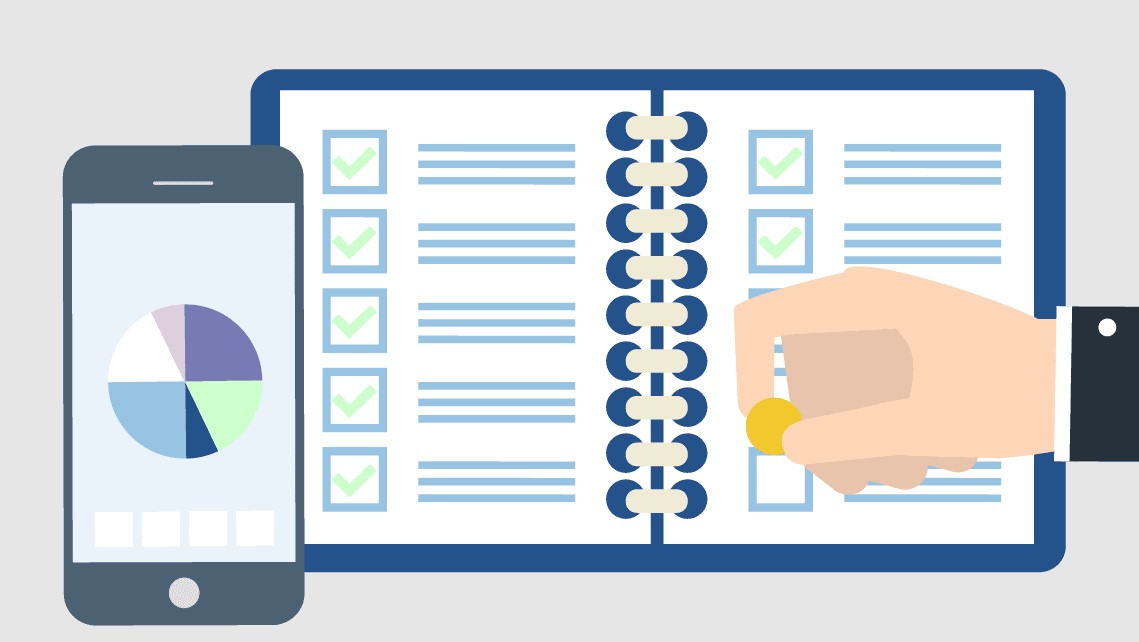
The cost of a translation is more than the invoice. You must consider how much time it takes to prepare the documents for translation, manage the project, and approve the deliverables.
These are 10 tips that will help you control your translation budget.
1. Ask your linguist for assistance in finalizing your documents before they are translated
A professional translator serves as an advisor, just like any consultant. Your linguist will be able to evaluate the coherence of your document and point out potential intercultural pitfalls. It is a waste of time to make changes to the source text in translation. Additional revisions are costly.
2. All the reference materials you need for your translation should be given to your translator
Are you able to use an internal glossary? A organigram Do you have similar documents that were properly translated? These documents can be made available to your linguists during project start to allow them to take into account your preferences and not waste time doing more research or having you contact them to clarify points.
3. Make sure your document is “translatable”
When writing your source text, think international. This helps you avoid using expressions and cultural references that don’t have a natural counterpart in another language or culture.
4. Do all parts of the text have to be translated?
Sometimes, not always. You can save money and avoid translating words that are not needed in foreign contexts with the help of your linguist.
5. Documents in.doc or.rtf formats
Your linguist may not be a graphic designer. It is not a good idea to ask translators for help with page layout, tables, and other graphics. Each person has their own expertise. It is cheaper to translate documents in common word processing formats.
6. Make sure you plan your project in advance
Do not wait to send your documents for translation. It is possible that your translator is not available. You may pay more for urgent jobs or those that require you to work nights or weekends.
7. Evaluate deadlines properly
Professional translators “produce” an average of 2000 words per day and work on multiple projects simultaneously. To limit rush charges and keep your translation budget in check, you can calculate your turn around time using 1000 words per day (non-editing or proofreading).
8. Provide feedback
After the project is completed, please take a few moments to give feedback to your linguist. These comments will help you build a lasting relationship with your linguist and communicate the company’s codes of conduct and preferences. An effective partner can save you time and money by having a translator who is familiar with your company’s goals, strategy, and personal preferences.
9. Your translator’s work should be credited
Naming your translator (“translated …”, English texts by …”)”) is free, but it will increase your translator’s senses of responsibility and reward his or her hard work.
10. A contract for an annual period is possible
Spread your investment across the year if you have recurring requirements. A volume rate discount that a professional translator would not accept is not the financial advantage. Translations are not commodities bought by the pound! The independent professional will have stable income for the month in return for being available for a client.
